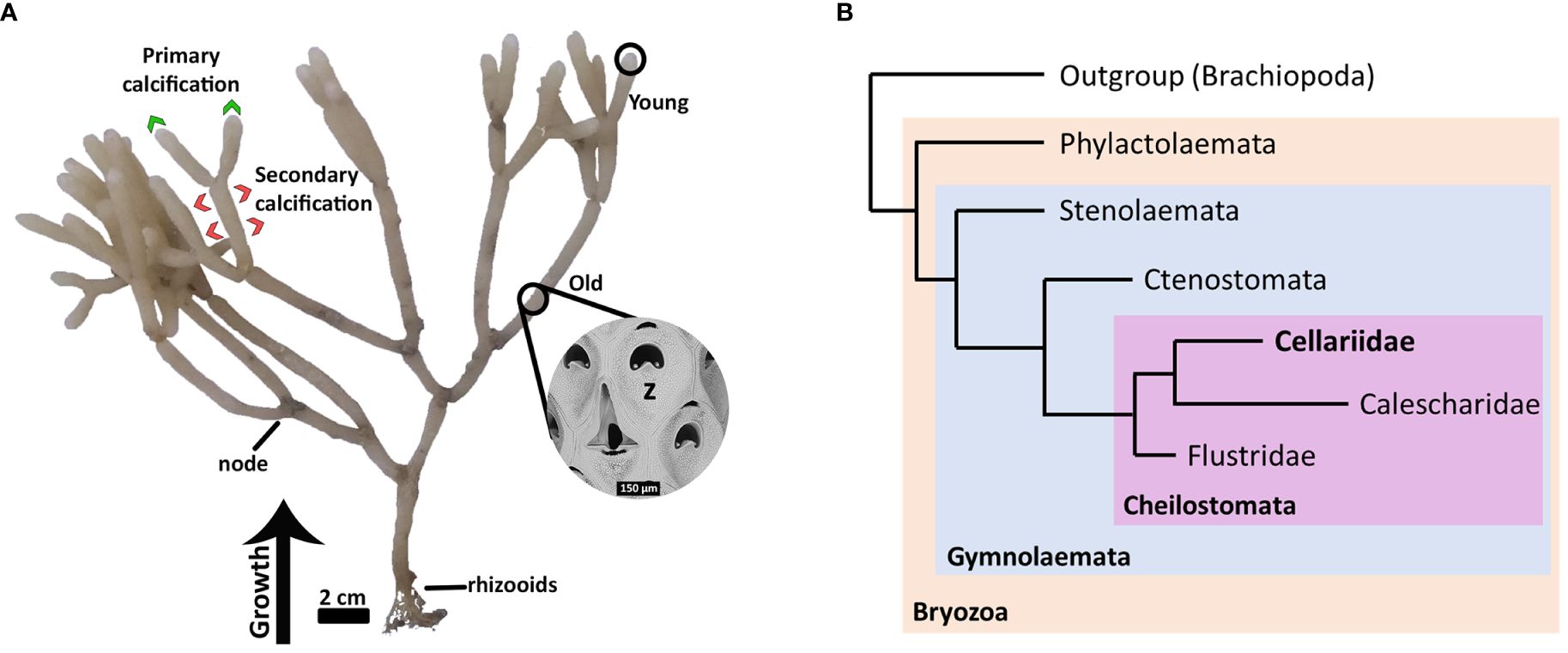Reference




OpenAI's Answer
The discovery of Ordovician parasites in bryozoans has significant implications for understanding ancient ecosystems and the evolution of parasitic relationships. Here are some key insights:
-
Evolution of Parasitism: Finding parasites in Ordovician bryozoans provides evidence that parasitic relationships date back at least 450 million years. This helps scientists understand the early evolution of parasitism and its role in shaping marine ecosystems.
-
Ecosystem Interactions: Parasitic interactions are crucial for understanding ancient food webs and ecological dynamics. Parasites can influence host populations, which in turn affect predator-prey relationships and overall biodiversity.
-
Host-Parasite Co-evolution: The prevalence of parasitism in ancient bryozoans suggests a long history of co-evolution between hosts and parasites. This can shed light on the evolutionary pressures that have shaped both hosts and parasites over geological time scales.
-
Fossil Evidence: Parasitized bryozoan fossils provide direct evidence of ancient biotic interactions. Such fossils can help reconstruct the biological and environmental conditions of Paleozoic marine ecosystems.
For a detailed study on the implications of parasitism in Ordovician bryozoans and its role in the origin of pseudoborings, you can refer to this PDF document.
 Illustration of various bryozoan forms by Ernst Haeckel
Illustration of various bryozoan forms by Ernst Haeckel
In summary, these findings underscore the significance of parasitic interactions in ancient marine ecosystems and provide valuable insights into the ecological and evolutionary history of marine life during the Ordovician period.
Follow Up
Related
How did Borman manage to secure a nomination to West Point?
What is the significance of the term 'philosopher of the frontier' in relation to Gundisalvo?
What is the abbreviation for the Hungarian Fencing Federation?
Who was the rock promoter behind the Fillmore East venue?
Which match marked Darren Fletcher's first start after 390 days in 2013?
What was police undercover officer Mark Kennedy involved in during the climate camps?